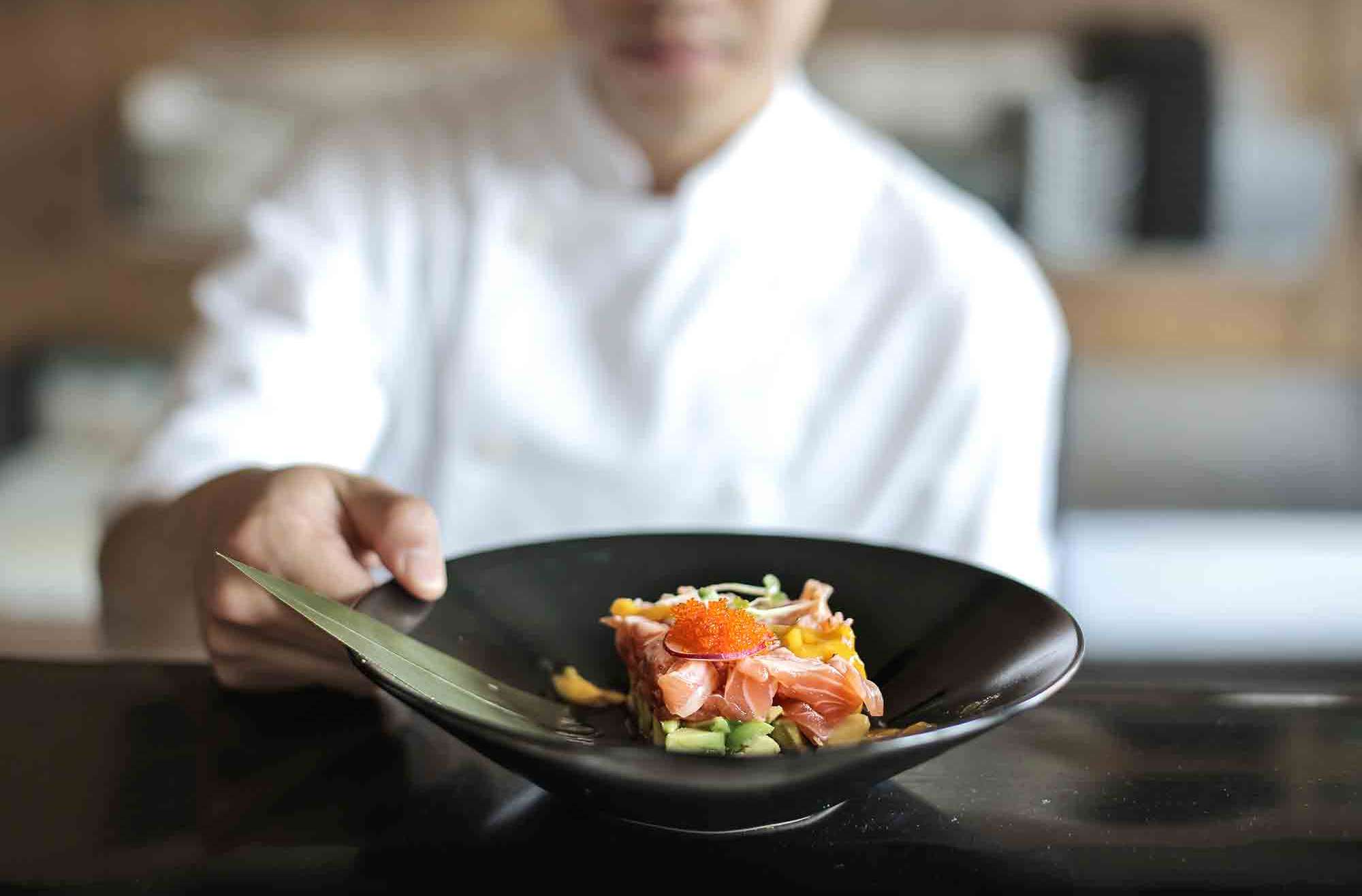Food Allergies: A Critical Safety Priority for Event Professionals
The devastating news of Dominique Brown, who lost her life due to an apparent food allergic reaction at an event, is a sobering reminder that managing food allergies is a critical safety priority for event professionals. This tragedy highlights how easily a lack of preparation or communication can result in irreparable consequences, emphasizing the need for meticulous attention to food and beverage (F&B) planning.
Food allergies are not a minor inconvenience; they are life-threatening conditions that demand consideration at every stage of the event planning process. Whether it’s a plated dinner, a buffet, or passed hors d’oeuvres, every meal served must be approached with safety, inclusion, and risk management as critical safety priorities.
Why Food Allergies Are a Non-Negotiable
The prevalence of food allergies is rising, making them a critical safety priority for any event. According to FARE, approximately 33 million Americans have food allergies, including 1 in 13 children and 1 in 10 adults. This means a significant percentage of attendees—over 10%—at any given event could have dietary restrictions requiring careful management and attention to detail.
Allergy management isn’t just about avoiding peanuts or shellfish—it’s about preventing cross-contact, ensuring clear communication, and implementing protocols to respond effectively in emergencies. Treating food allergies as a critical safety priority protects not only individual lives but also the reputation and success of the entire event.
Here is a checklist that should be built into your Event Safety Plan:
RFP Process
- Include dietary needs as a requirement in the RFP.
- Share food and beverage (F&B) history, including past accommodations and challenges.
- Specify dietary accommodations and allergen protocols as key decision factors.
- Confirm whether catering is on-site or provided by an off-site company.
Venue and Catering Selection
- How does the venue/caterer manage guests’ dietary needs?
- Are there separate preparation areas and utensils for allergen-safe meals?
- Is staff trained in food allergy and cross-contact prevention protocols?
- Do they have allergy-friendly menus on file?
- How are last-minute requests handled?
- Certifications to Look For:
- ServSafe Allergen Training
- Gluten-Free Certification
- Other dietary or allergen management certifications
- Key Questions to Ask Your Food Service Provider
- How are dietary needs communicated to FOH and BOH staff?
- What are your protocols for preventing cross-contact in storage, prep, and service?
- Do you have a dedicated team member overseeing special dietary meals?
- How are meals tracked and labeled to ensure accuracy?
- What is your process for handling food allergy emergencies?
Contracting
- Include an ADA clause addressing food allergies and dietary needs under the 2008 Amendment Act.
- Define responsibilities for dietary accommodations between the client and vendor.
- Ensure the process for communication and execution of dietary accommodations is documented.
Event Registration
- Collect dietary needs information for all attendees, including:
- Allergies (with severity)
- Religious and lifestyle preferences
- Create a system to gather and store medical action plans for food allergies or related conditions.
- Communicate the process for meal accommodations and provide contact details for on-site dietary support.
Food Preparation
- Use separate prep areas, utensils, and storage for allergen-free meals.
- Require detailed ingredient lists for all menu items.
- Ensure all dietary accommodations are included on Banquet Event Orders (BEOs).
- Request that allergen-friendly meals be clearly labeled and tracked.
- Verify that catering staff understand and follow allergen protocols.
Food Service
- Train FOH staff on food allergy safety and cross-contact prevention.
- Ensure buffet labels include ingredients and allergens.
- Assign a dedicated point person for guests with dietary needs.
- Provide meal cards or identifiers for guests requiring special meals.
Emergency Preparedness
- Confirm whether the venue has epinephrine auto-injectors available and staff trained to use them.
- Identify emergency response plans, including medical personnel on-site or local EMT response times.
- Train staff on responding to food allergy reactions and communicating with medical responders.
Communication and Coordination
- Distribute dietary needs lists to all catering teams 6, 4, 2, and 1 week(s) before the event.
- Assign staff to manage F&B accommodations on-site.
- Conduct pre-event meetings to review processes for safe preparation, service, and communication.
Event Execution
For Buffets:
- Ensure all items are clearly labeled with allergens and ingredients.
- Train staff to understand and communicate buffet items.
- Monitor serving areas to manage cross-contact risks.
For Plated Meals:
- Serve allergen-friendly meals first to avoid confusion or cross-contact.
- Confirm that staff delivering meals are aware of guests with dietary needs.
- Provide clear signage for all food and beverage stations.
Post-Event Review
- Gather feedback from attendees about dietary accommodations.
- Assess vendor performance on food allergy safety and dietary inclusivity.
- Update internal processes based on lessons learned to continuously improve future events.
Beyond Safety: Building Trust Through Inclusion
Managing food allergies goes beyond liability—it’s about demonstrating that food allergy safety is a critical safety priority and creating an inclusive environment where every attendee feels valued. When attendees see their needs taken seriously, it builds trust, encourages participation, and positively reflects on your event’s brand.
By addressing food allergies as urgently as other safety concerns, you showcase your commitment to attendee well-being and inclusion, ensuring that your event is safe and welcoming for everyone.
Let’s Talk Solutions
Have you implemented food allergy protocols that prioritize safety and inclusion? Are there challenges in treating food allergies as a critical safety priority? Share your thoughts below—because when it comes to safety, we’re all in this together. If you’re ready to elevate your event’s food and beverage strategy to ensure safety, inclusivity, and trust, let’s work together. With my expertise, we can create seamless and safe dining experiences for all your attendees.
.



